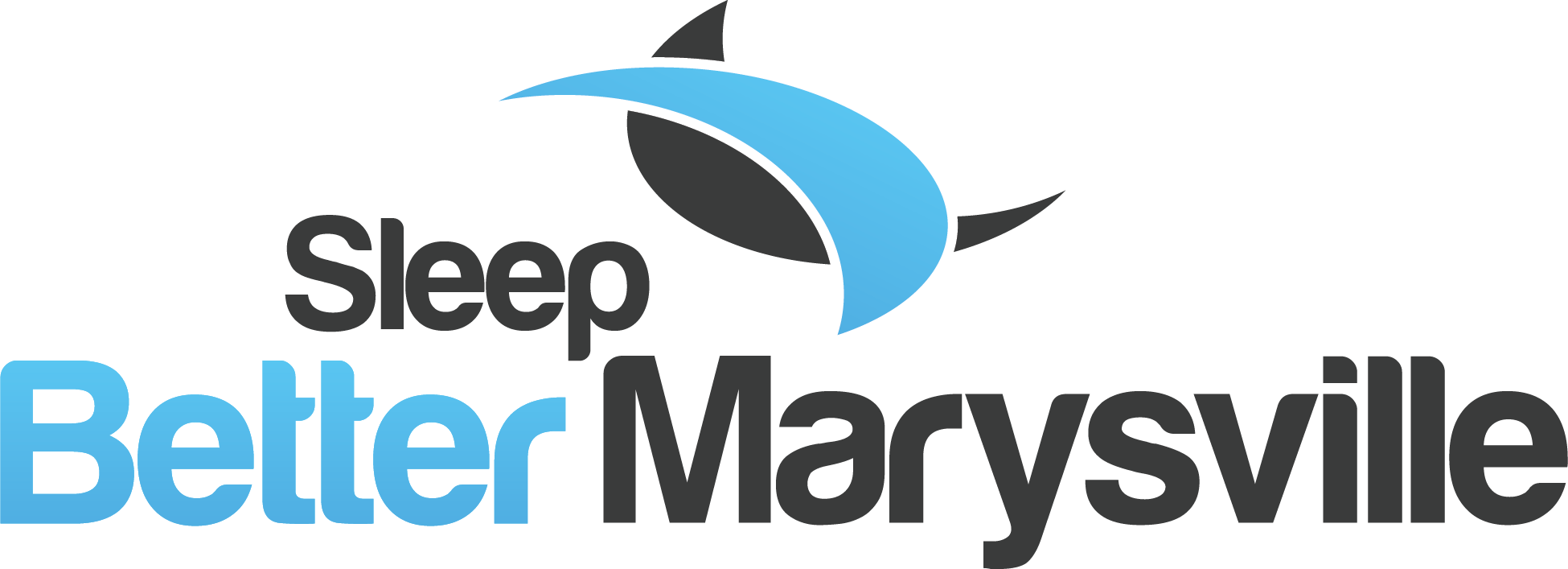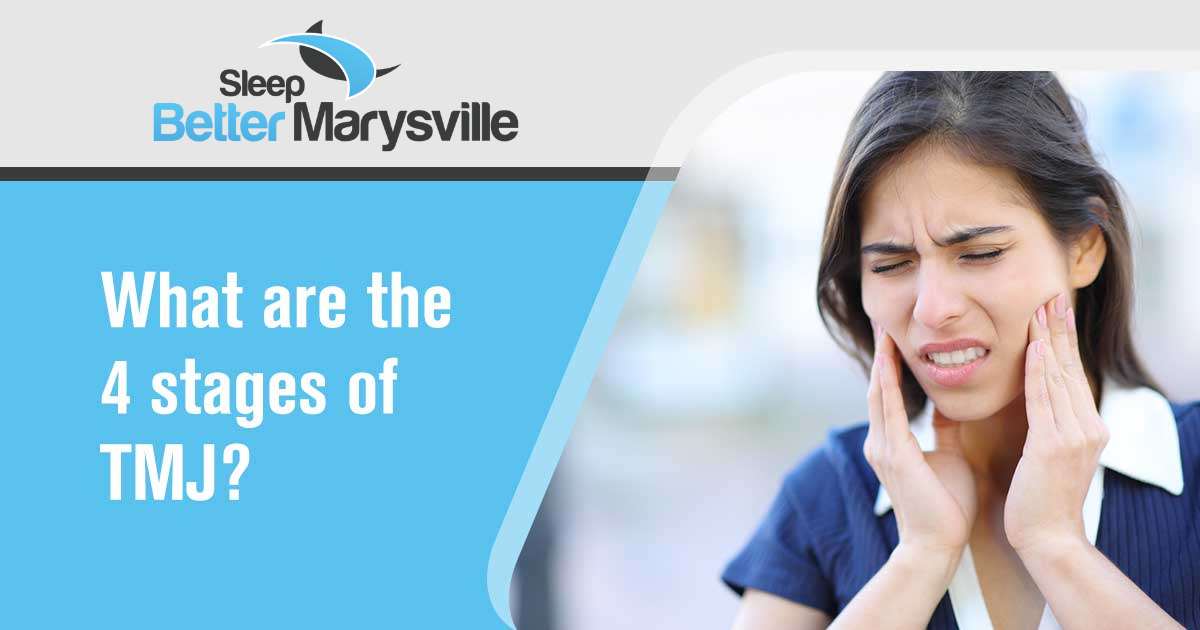TMJ is considered to be a progressive condition, and the four stages of TMJ are frequently used by doctors to provide a treatment guide for patients based on the severity of their temporomandibular joint damage.
What is TMJ?
Temporomandibular joint (TMJ) disorder is a disorder of the jaw, temporomandibular joints, muscles, and nerves associated with chronic facial pain. TMJ can cause pain in the jaw joints and the ligaments and muscles that control the movement of your jaw. TMJ disorders, which are also known as temporomandibular dysfunctions (TMD), can impact your life in a significant way by affecting your ability to chew, speak easily, or yawn.
Stage One
Stage one of TMJ is disc displacement with reduction, sometimes identified as DDwR, and occurs when the disc is displaced in the closed-mouth position and reduces to normal relationship in the open-mouth position.
In stage one, mouth opening is limited and is often accompanied by the jaw moving to the side until a pop or click (reduction) happens and the mouth can be opened fully. In this stage, it’s not likely there will be any restriction in range of motion from the disc relocating when the mouth is opened.
Stage Two
Stage two of TMJ is disc displacement with reduction with intermittent locking. During this stage, the disc will be displaced in the closed-mouth position and will intermittently lock when in the open-mouth position when the disc doesn’t reduce.
Patients who are in stage two may experience episodes of limited mouth opening that can last for various lengths of time. Some people have described the feeling of hitting an obstruction when they attempt to open their mouth, and they may be able to move their jaw past the obstruction, or the obstruction may spontaneously disappear.
Stage Three
Stage three of TMJ is disc displacement without reduction, often referred to as DDwoR. Stage three occurs when clicking noises disappear but limited mouth opening remains. In this stage, the disc is displaced in closed-mouth position, and the disc does not reduce to normal in the open-mouth position. This is also referred to as closed lock.
During stage three, the jaw has a limited range of movement, and limited opening becomes chronic.
Stage Four
Stage four of TMJ, like stage three, is disc displacement without reduction (DDwoR). Similar to stage three, the disc is displaced in the closed-mouth position and does not reduce to normal in the open-mouthed position; however, stage four is also accompanied by perforation of the posterior attachment tissues or the disc.
What Causes TMJ to Worsen?
Dealing with the pain and other symptoms of TMJ can be challenging, but there are things you can control that worsen your TMJ and its symptoms. Knowing what these habits are can help you avoid them.
Some habits you can control that can worsen your TMJ include:
- Sleeping on your stomach
- Grinding or clenching your teeth during the daytime
- Chewing on pens, pencils, toothpicks, or other items (These habits are often related to anxiety.)
- Excessively chewing gum
- Taking large bites of food (This can overwork your jaw muscles.)
- Chewing ice, lollipops, or other hard candies
- Using your teeth as tools (e.g., opening packages, tearing tags off clothes, holding items, opening bottle caps)
- Stress and anxiety (When feeling stressed or anxious, you might increase tension in your jaw and facial muscles.)
Treating TMJ and TMD
Treatment options for TMJ and TMD depend on the stage of your temporomandibular joint disorder, the underlying cause of your TMJ, and the severity of your pain. When determining an appropriate treatment plan, noninvasive treatment options should be tried first.
Often, TMJ pain and discomfort is temporary and can be managed with self-care, home remedies, and/or other non-invasive and nonsurgical treatments.
Self-managed care options are things you can do for yourself. This includes identifying activities that cause TMD flare-ups and can worsen your TMJ. Understanding what causes flare-ups allows you to set goals to manage your condition and prevent TMJ issues. Learning all you can about your type of temporomandibular joint disorder can help.
Most home remedies deal with managing pain and include using over-the-counter pain medications such as acetaminophen, ibuprofen, or naproxen. Using icepacks can also help with pain and swelling. While TMJ home remedies may help reduce the pain, it’s important to remember that they are only temporary solutions and won’t always resolve the problems for long periods of time. If the pain and discomfort is persistent, then it’s best to contact an experienced healthcare professional who understands the complications of treating TMJ disorders.
Additional nonsurgical treatment options for TMJ disorders that do not involve medications include physical therapy and TMJ appliance therapy.
What is TMJ Appliance Therapy?
TMJ appliance therapy is a non-invasive treatment option that doesn’t involve the use of any medications. Similar to mouthguards, TMJ appliances are worn in the mouth and fit over your upper or lower set of teeth; however, TMJ appliances are designed specifically to treat conditions related to the jaw joint.
TMD appliances called stabilization splints, also known as bite guards or bite plates, are prescribed, designed, fitted, and adjusted by TMJ specialists. These oral appliances realign the jaw, prevent contact between the teeth, and reduce jaw pressure and pain and are worn while you sleep and occasionally during the day.
TMJ appliance therapy will typically treat most TMD symptoms in a short period of time and can provide long-term stability for your temporomandibular joint. Using oral appliances can help avoid future serious complications. If TMD is left untreated or undertreated, it worsens as time passes and causes further joint damage and worsening symptoms as the condition progresses through the stages of TMJ.

